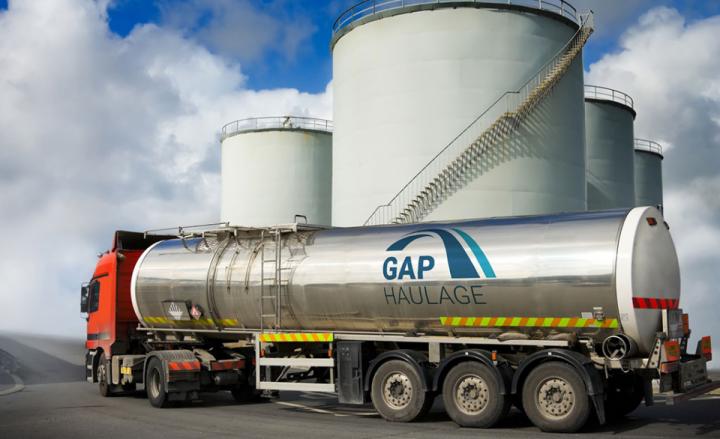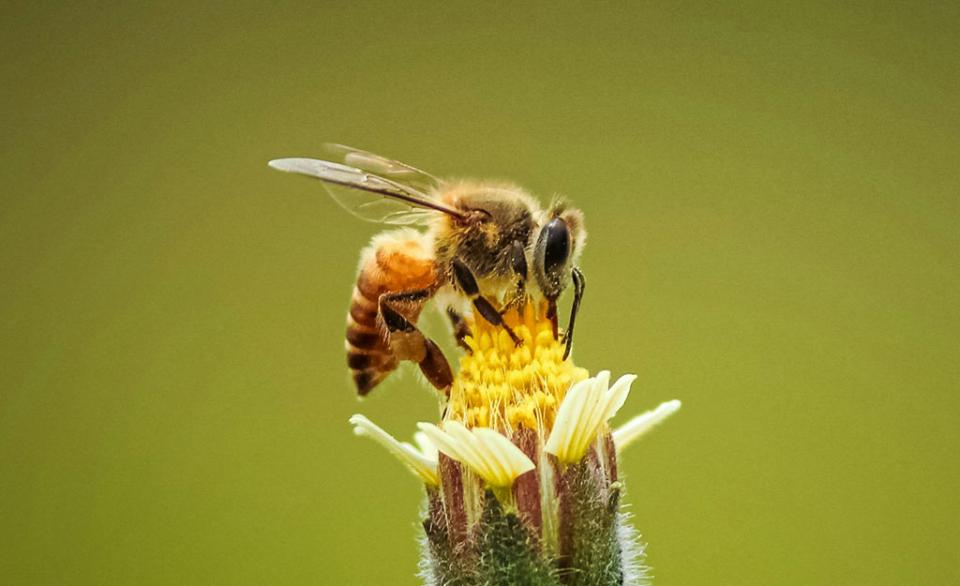A substantial portion of food and drink packaging in current use is based on materials derived from petroleum feedstock, i.e. plastics. These fossil-carbon based materials have been developed to protect the packaged foodstuff from the external environment and so confer many of the necessary barrier properties. These are desirable attributes in the cause of minimising food waste for economic, societal and environmental benefits.
However, the environmental concerns resulting from their end of use, and their behaviour and fate when discarded into the environment, have been well documented. Most fossil fuel-derived plastic materials persist in the environment for many decades, resulting in the images frequently reported in the media of oceans accumulating plastic and wildlife impacted and injured by plastic waste.
Following the EU exit, the UK may no longer be bound by EU-set targets such as the EU Single-Use Plastics Directive but the UK government has, in its 25 Year Environment Plan for England, pledged to eliminate avoidable plastic waste by 2042. In addition, UK targets for net-zero carbon will require a move away from fossil fuel-derived plastics.
Full story from The Grocer available here: https://www.thegrocer.co.uk/plastic/what-does-the-post-pandemic-future-hold-for-food-packaging-and-plastic/605377.article

 Navigate the GAP Group
Navigate the GAP Group




